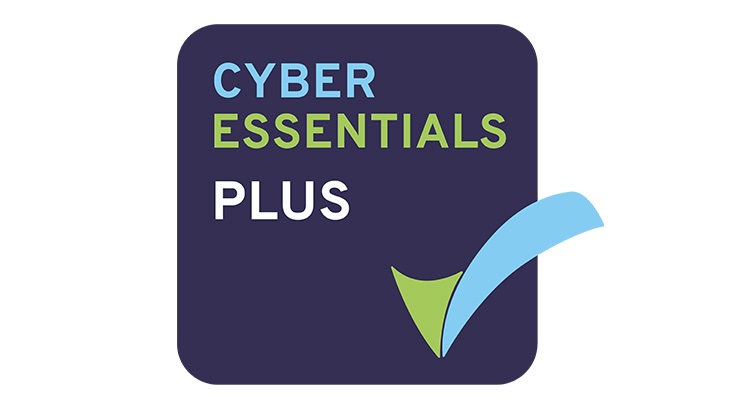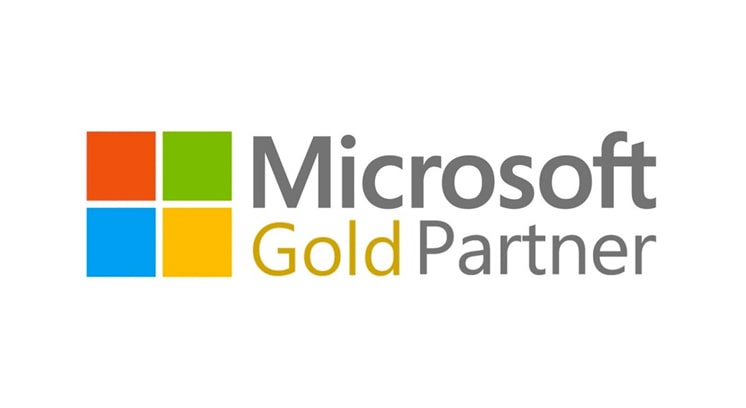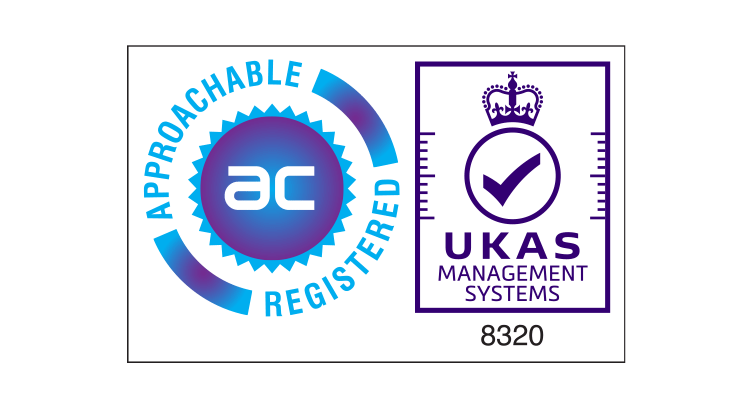What is Dynamic Scheduling?
Dynamic workforce scheduling involves using clever software to manage your field workforce and their workflows, taking into consideration business objectives, staff availability, skills and day-to-day disruptive occurrences. The solution makes the scheduling decisions for you.
Rather than manually scheduling the entire mobile workforce’s daily jobs and activities (whilst juggling annual leave, sickness and other staffing issues) by hand, dynamic scheduling allows this to happen automatically.
Introduction to Dynamic Scheduling
Managing a field team’s schedule is like conducting an orchestra; each member’s part must align perfectly with the others to create harmony. With multiple stakeholders, varying project demands, and the constant juggling of team members, traditional scheduling methods can quickly fall short. Enter dynamic scheduling: a modern solution that harmonises team availability, resource availability and workforce scheduling, ensuring your business performs its best symphony.
Dynamic Scheduling Explained
Dynamic scheduling is about flexibility and foresight. Unlike traditional or ‘static’ scheduling, which sets a fixed timeline for project completion, dynamic scheduling adapts to changes in real-time. It uses workforce scheduling software to forecast employee utilisation and allocate resources efficiently, offering a birds-eye view of who is underbooked, overbooked, or working on the wrong tasks. This level of insight is invaluable, helping you transform project management and enhancing your business’s overall health and direction.
Dynamic scheduling is ideal for any organisation with a mobile workforce, teams in the field or complex organisational needs. It is an essential step in the mobile working journey, which you can read about in our blog, “What is Mobile Working?” When it comes to managing your mobile workforce, successful dynamic scheduling means a good day in the office or, as it may be, a good day out of the office for your mobile workers!
What Is Dynamic Scheduling Software?
Dynamic scheduling software is an advanced tool designed to optimise workforce management and resource allocation in real-time. It leverages algorithms and machine learning (ML) to adapt schedules and resources to changing demands, priorities, and conditions in the field. This software goes beyond traditional scheduling methods by incorporating variables such as employee skills, availability, job requirements, travel times, and unforeseen circumstances like sudden staff absences or emergency jobs.
The core objective of dynamic scheduling software is to ensure that the right person is assigned to the right job at the right time, maximising efficiency and productivity while minimising downtime and operational costs. It provides field service managers and dispatchers with the ability to make informed decisions quickly, adjusting schedules on the fly to respond to the dynamic nature of field operations. This adaptability is crucial in industries where service demands, such as utilities, healthcare, emergency services, and telecommunications, can change rapidly.
Scheduling vs Dynamic Scheduling Software
Traditional scheduling methods, while once effective, no longer suffice in the agile and fast-paced environment of today’s service industries. The contrast between static and dynamic scheduling is stark; the former struggles with rigidity, making it difficult to adapt to changes or unexpected demands.
Dynamic scheduling software, on the other hand, introduces a fluid and responsive approach. It allows for real-time adjustments and forecasting, ensuring that resources are allocated efficiently and projects are delivered on time without compromising quality.
The Power of Dynamic Scheduling Software
Imagine seeing into the future of your team’s workload and making adjustments on the fly. Dynamic scheduling software makes this possible. It acts as a central hub for scheduling and task assignments, granting all team members permission to interact with the dynamic interface. This ensures everyone is informed about their responsibilities and how their work interlinks with others’, facilitating better planning and project execution.
The software’s automation capabilities allow for real-time adjustments to project timelines, helping predict and mitigate bottlenecks before they occur. For example, if a team member can expedite a task this month, the software helps understand how this acceleration impacts future projects. This complete visibility into employee availability and project status is crucial for onboarding new contracts and managing unexpected changes smoothly.
Benefits of Dynamic Scheduling Software
The advantages of dynamic workforce scheduling software extend far beyond simple project management. Here are some key benefits:
These benefits highlight how dynamic scheduling software improves workflow efficiency and contributes to a more organised, satisfied, and productive team. In the following sections, we’ll look at who can use dynamic scheduling software and it’s role in different industries.
Who Should Use Dynamic Scheduling?
Dynamic scheduling transcends the traditional boundaries of office-centric industries, proving to be a game-changer for field services across the UK. This innovative approach to managing work schedules and resources is not confined to large corporations with sprawling projects. Instead, it is a vital tool for small and medium-sized enterprises (SMEs), freelancers, and startups within the field service sector, offering them a competitive edge through enhanced agility and efficiency.
In the UK, field service industries such as utilities, healthcare, construction, and facilities management face unique challenges. These include managing dispersed teams, adhering to stringent regulatory standards, and meeting the dynamic needs of clients and communities. Dynamic scheduling software becomes indispensable here. By facilitating real-time adjustments to work schedules, it ensures that the right person, with the right skills, is always at the right place and time, maximising service efficiency and customer satisfaction.
The Value of Dynamic Scheduling in Field Services
Dynamic scheduling introduces a level of flexibility and efficiency previously unattainable for field service businesses. It addresses the logistical challenges of managing a mobile workforce and caters to customers’ evolving expectations of timely and effective service delivery. Moreover, it supports employee satisfaction by ensuring balanced and manageable workloads, contributing to a motivated and engaged workforce.
Implementing dynamic scheduling software is a strategic move for any field service business looking to improve operational efficiency, enhance customer satisfaction, and foster a positive work environment. It’s a forward-thinking solution that aligns with the fast-paced nature of field services, ensuring businesses remain adaptable, responsive, and competitive in the UK’s ever-changing service landscape.
Our Dynamic Scheduling Solution
Totalmobile’s dynamic workforce scheduling offers an intelligent, adaptable solution that revolutionises resource management. Designed to seamlessly adapt to the ever-changing demands of service industries, Totalmobile ensures that your workforce is always aligned with your service delivery goals, enhancing efficiency and responsiveness across your operations.
















